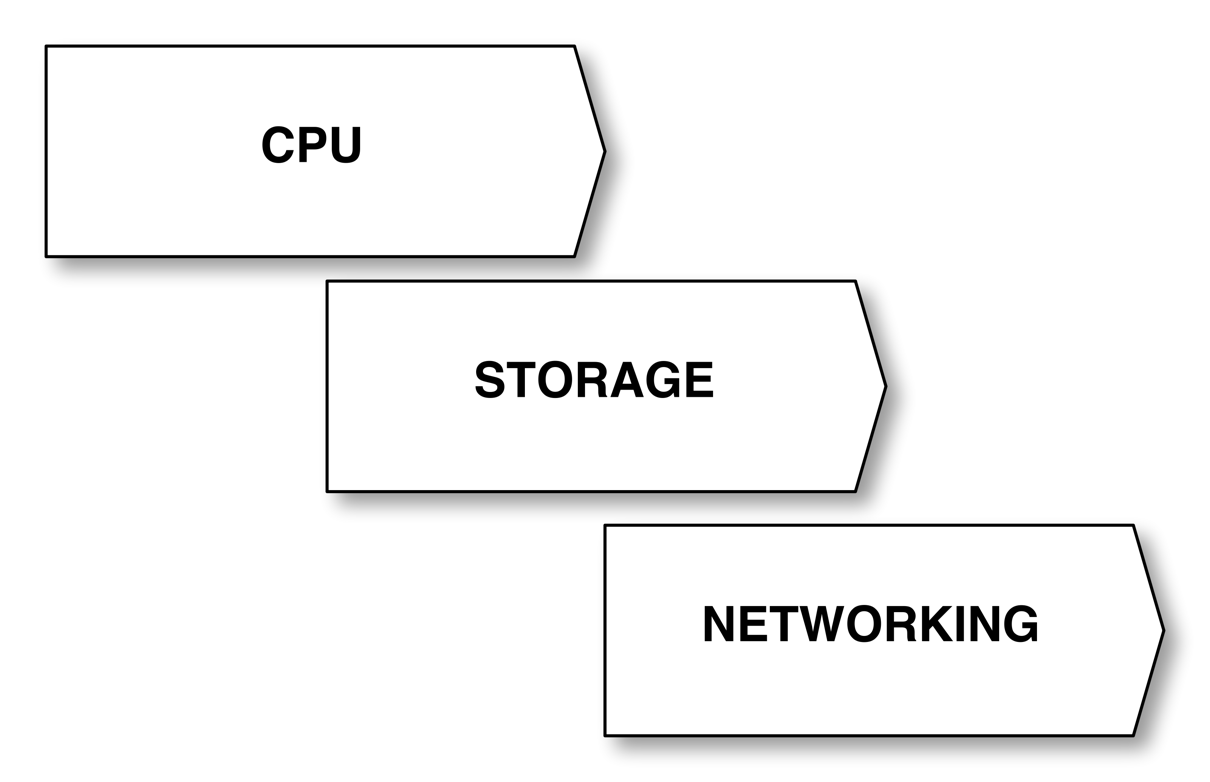The key components of your cluster that impact performance are shown in the following diagram:



 Free Chapter
Free Chapter











The key components of your cluster that impact performance are shown in the following diagram:

If some of your applications depend on disk performance, understanding the performance characteristics of EBS volumes attached to your instances can become very useful.
All of the current generation of EC2 instances relies on EBS storage. EBS storage is effectively a shared network attached storage, so performance can be affected by a number of factors.
If your cluster is running on the most recent generation of EC2 instances, you will be using EBS optimization. This means that dedicated bandwidth is available for I/O operations on your EBS volumes, effectively eliminating contention between EBS and...